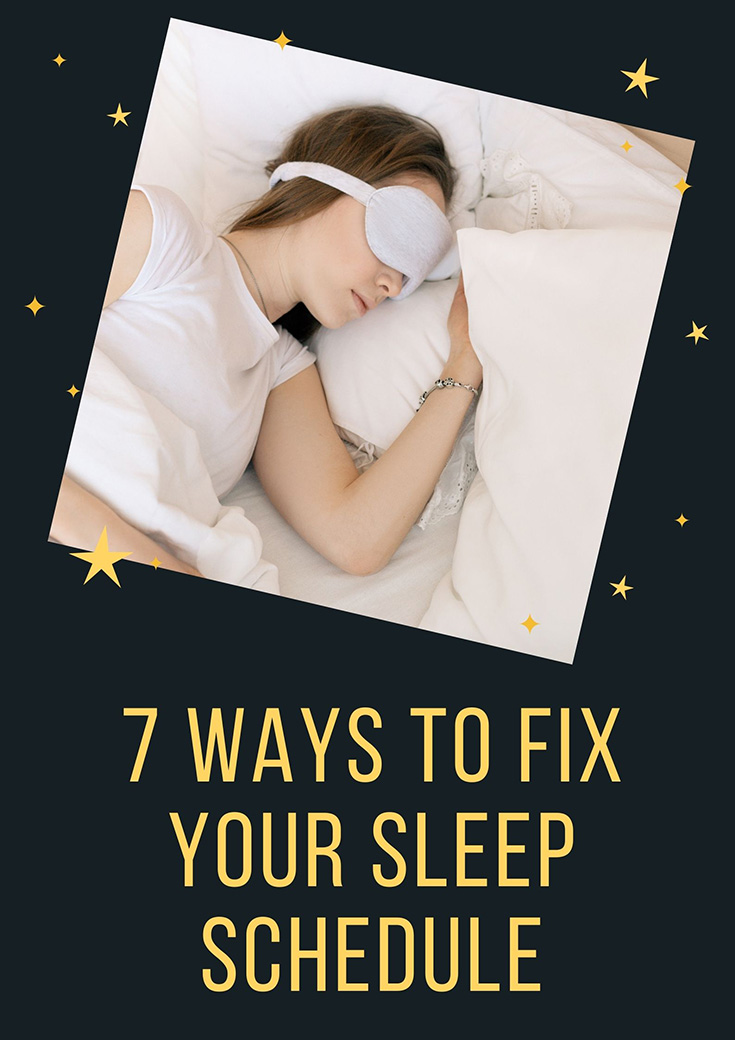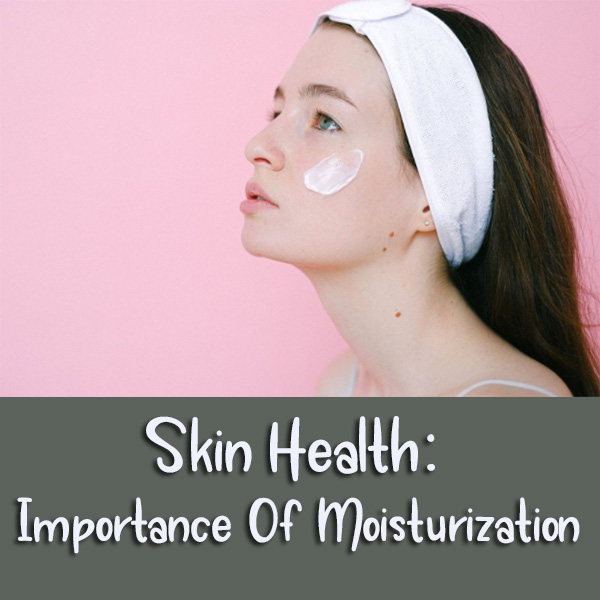Sleep is absolutely essential to our ability to function throughout the day, but many people do not get an adequate amount of sleep each night. Some people struggle to go to bed at the right time or wake up at the right time, and others struggle to fall asleep or stay asleep. There are a number of lifestyle changes you can make in an effort to improve your sleep routines – some that may seem insignificant but could have a huge impact on the quality of your sleep.
If you’ve heard all of this before, tried it, and it hasn’t worked for you, or if you think you may have symptoms of an underlying sleep disorder like sleep apnea; you may want to consult CPAP Direct or a sleep specialist to find a more effective solution. [Read more…]








